Optimal Timing for Tree Removals
Understanding the optimal time for tree removals is essential for safety, health, and efficiency. The best time varies depending on the season, tree species, and local climate conditions. Proper timing can minimize impact on surrounding vegetation and reduce the risk of disease transmission.
Winter is often preferred for tree removal due to dormant trees, which are easier to handle and less likely to suffer from pests or diseases.
Spring may be suitable for removal if trees are dormant early, but active growth periods should be avoided to prevent stress and damage.
Summer removals can be more difficult due to active foliage and higher temperatures, which increase safety risks and stress on remaining trees.
Fall offers a balance, with trees preparing for dormancy. However, removal should be completed before heavy leaf fall to ensure safety and efficiency.
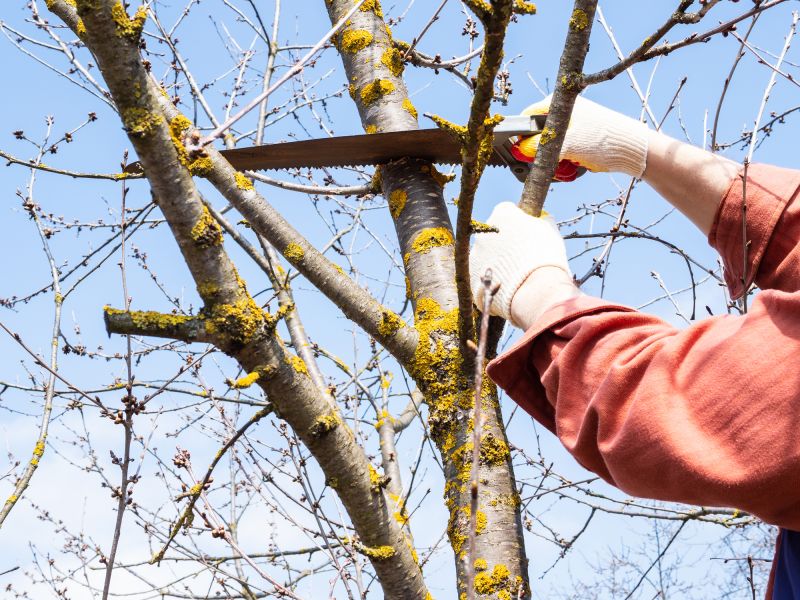
Dormant trees are easier to cut and less prone to disease spread.
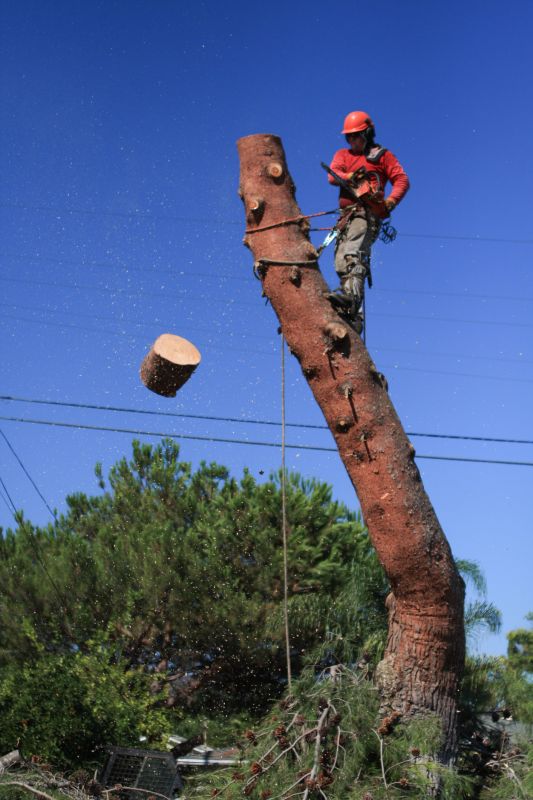
Best to avoid during active growth periods to prevent stress.
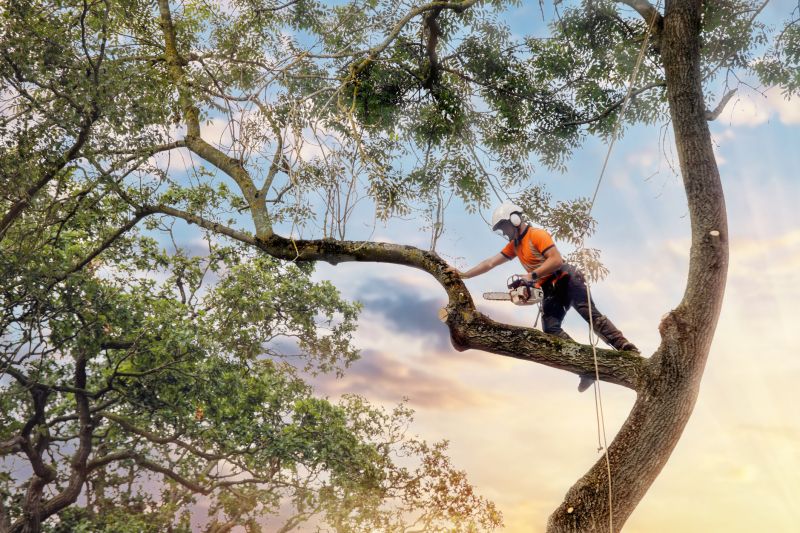
Higher safety risks due to foliage and heat.
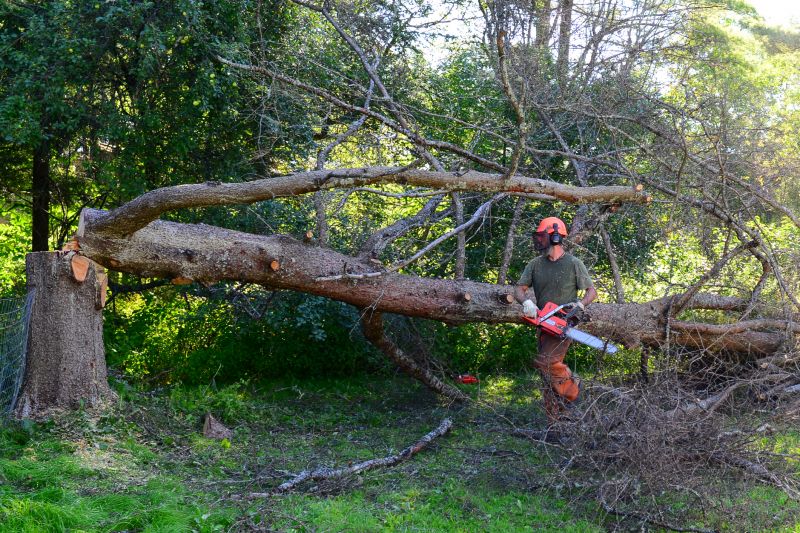
Optimal before heavy leaf fall for safety.
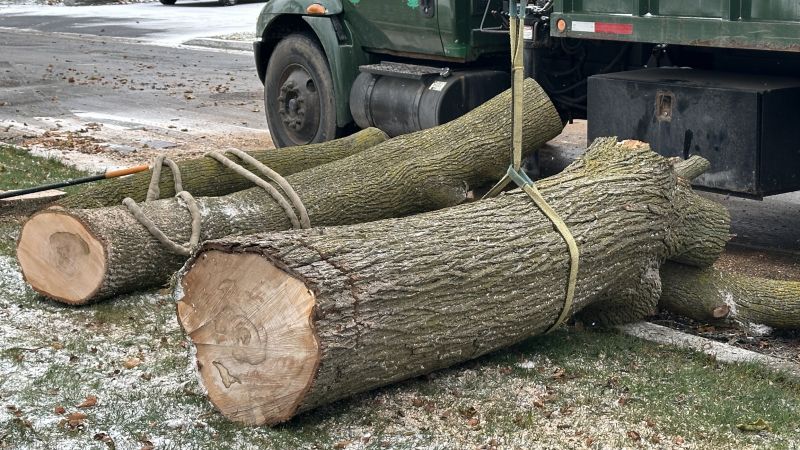
Ways to make Tree Removals work in tight or awkward layouts.
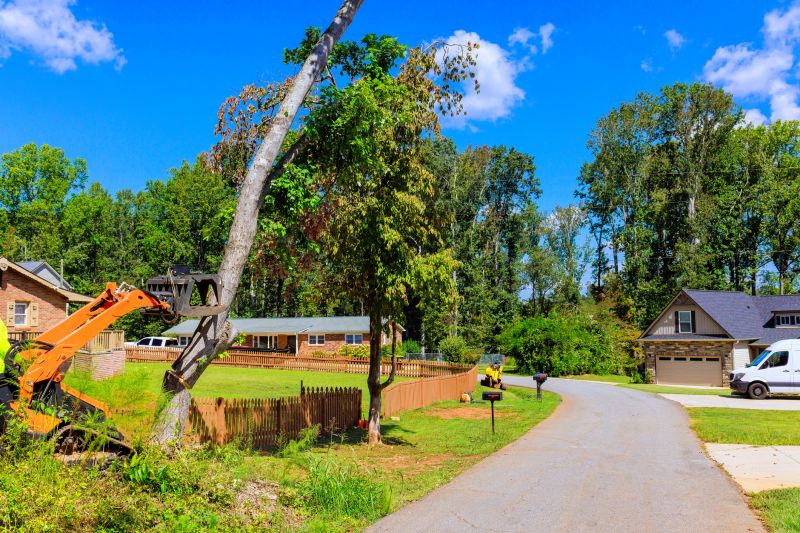
Popular materials for Tree Removals and why they hold up over time.
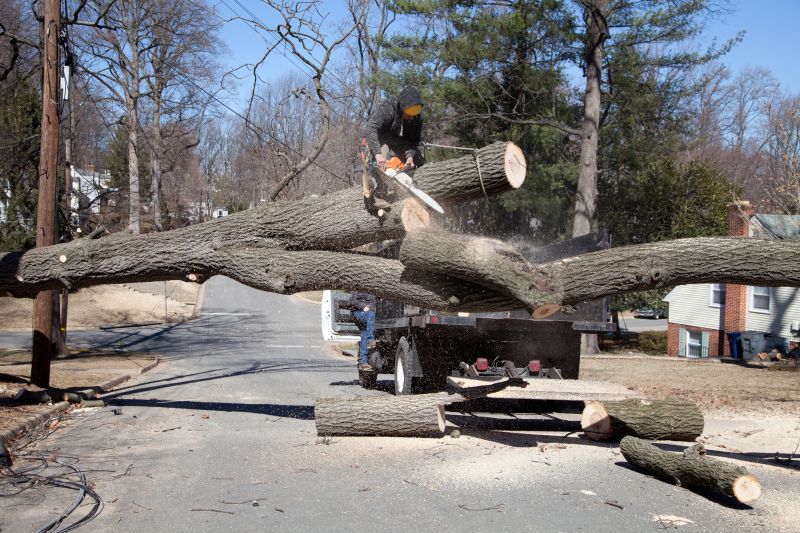
Simple add-ons that improve Tree Removals without blowing the budget.
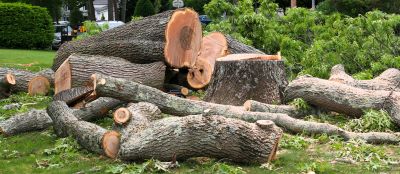
High-end options that actually feel worth it for Tree Removals.
| Season | Optimal Timing |
|---|---|
| Winter | Dormant period, ideal for safety and ease |
| Spring | Early dormancy, suitable if trees are inactive |
| Summer | Less ideal due to active growth and heat |
| Fall | Pre-dormancy, best before heavy leaf fall |
Tree removals are a critical part of landscape management, ensuring safety, health, and aesthetic appeal. Proper timing can prevent unnecessary stress on remaining vegetation and reduce the risk of pest or disease transmission. Statistically, winter removals tend to have fewer safety incidents due to lower foliage density and dormant trees. Additionally, avoiding removal during peak growing seasons minimizes disruption to surrounding flora and reduces environmental stress.
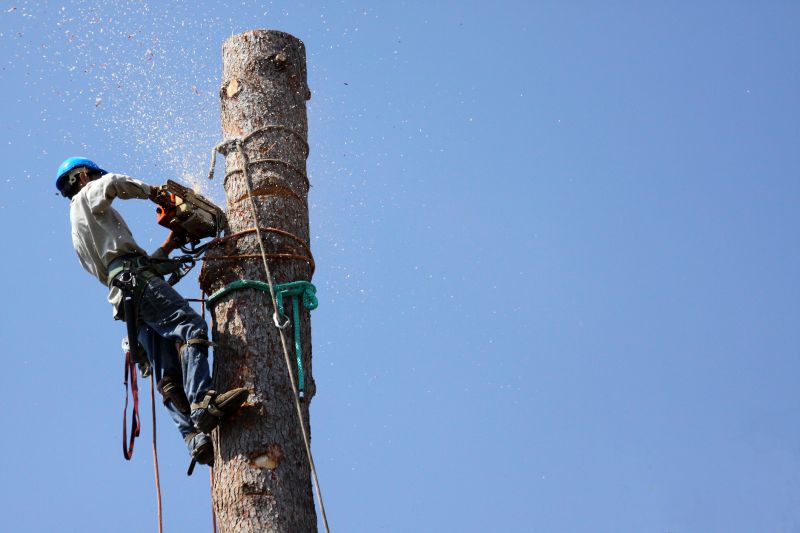
Specialized tools used for safe and efficient removal.
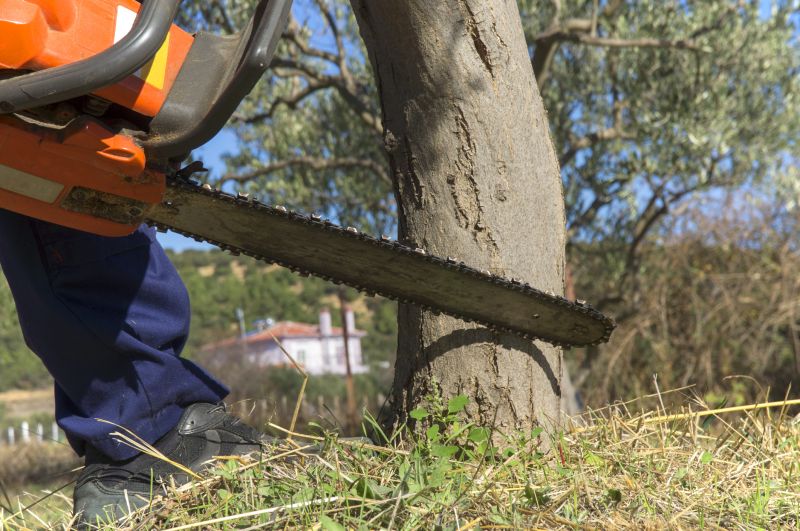
Step-by-step removal procedures for safety.
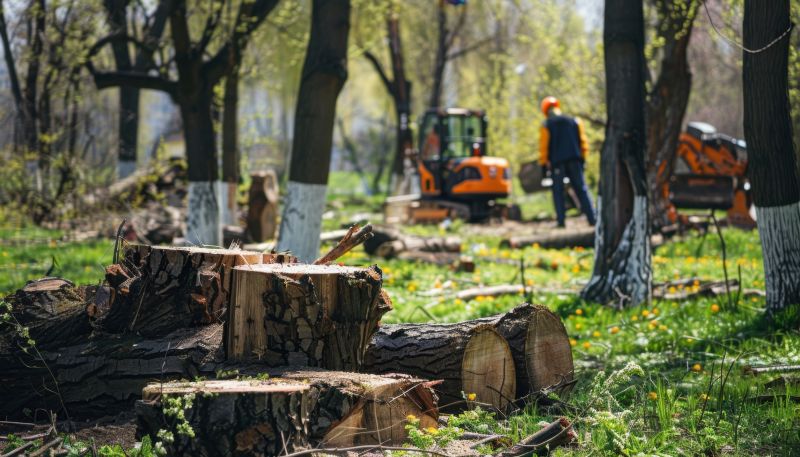
Post-removal step to clear the site.
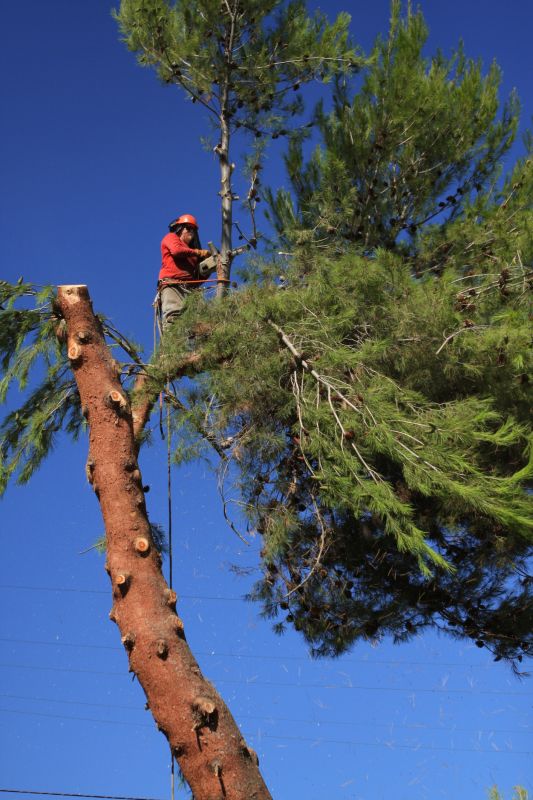
Protective equipment used during removals.
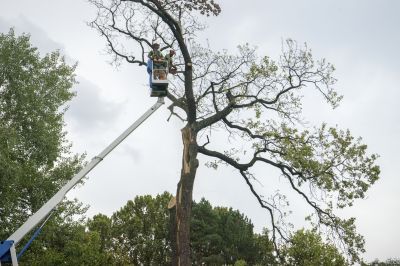
Finishes and colors that play nicely with Tree Removals.
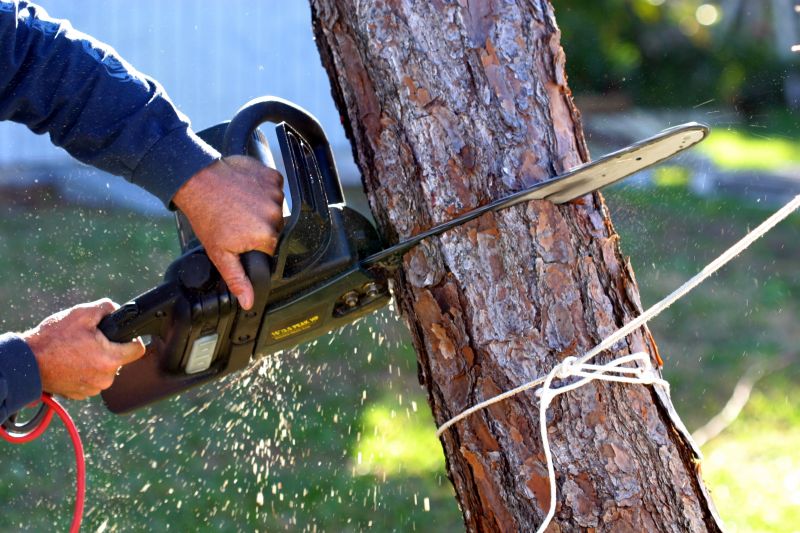
Little measurements that prevent headaches on Tree Removals day.
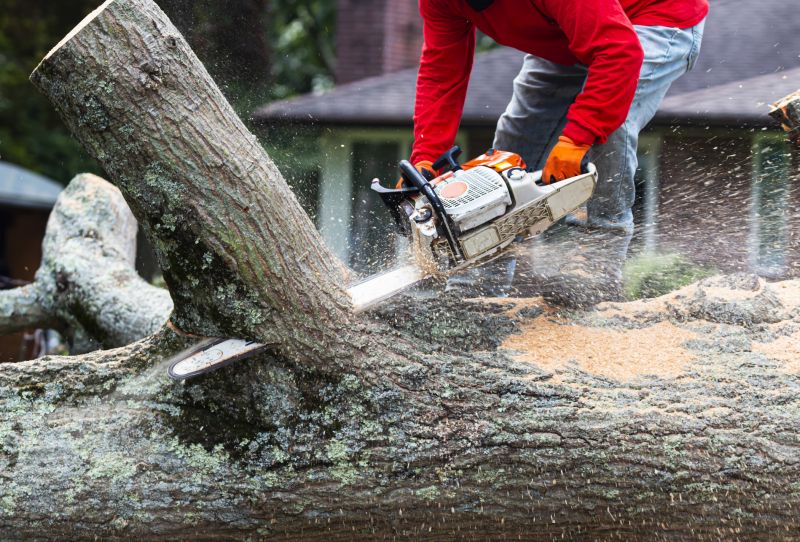
A 60-second routine that keeps Tree Removals looking new.
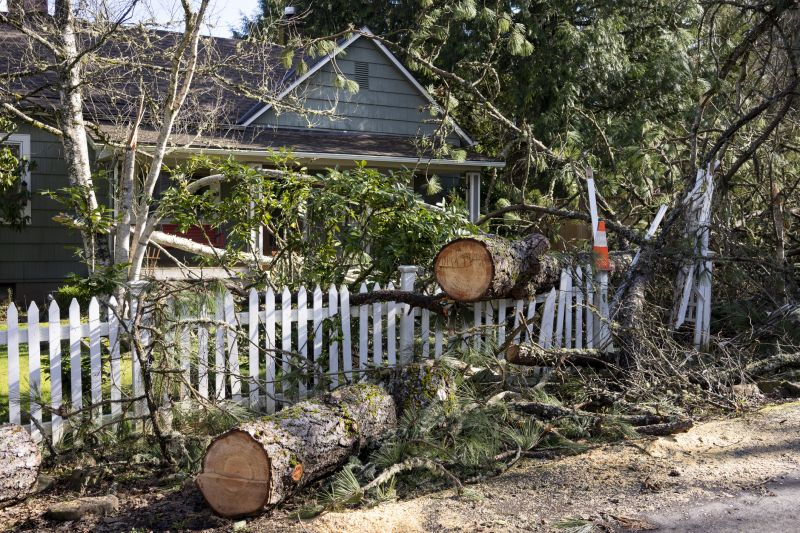
A frequent mistake in Tree Removals and how to dodge it.
Interested in scheduling a tree removal or learning more about the best timing for your property? Filling out the contact form can provide tailored advice to meet specific landscape needs and ensure safe, efficient removal at the optimal time.
